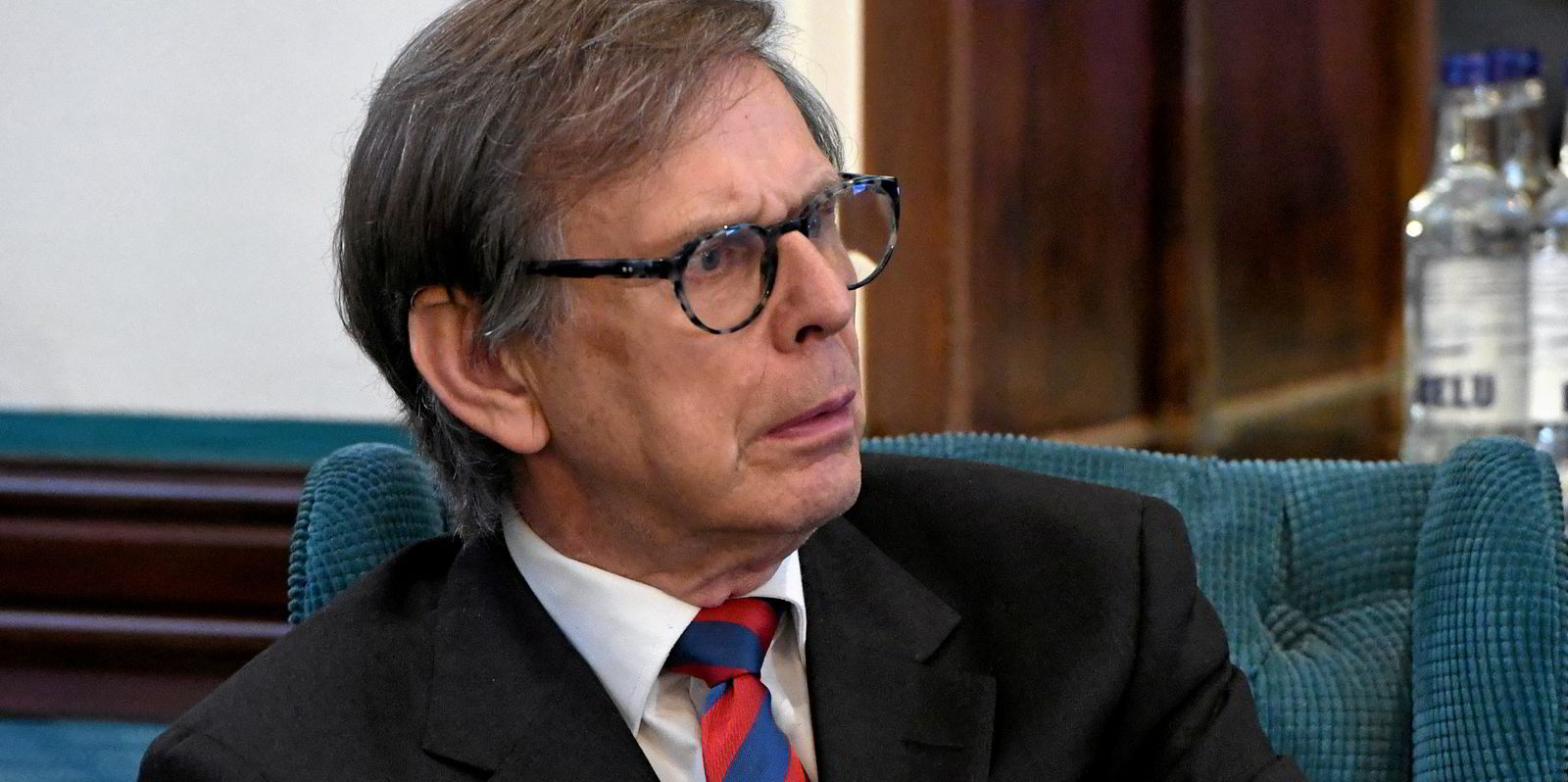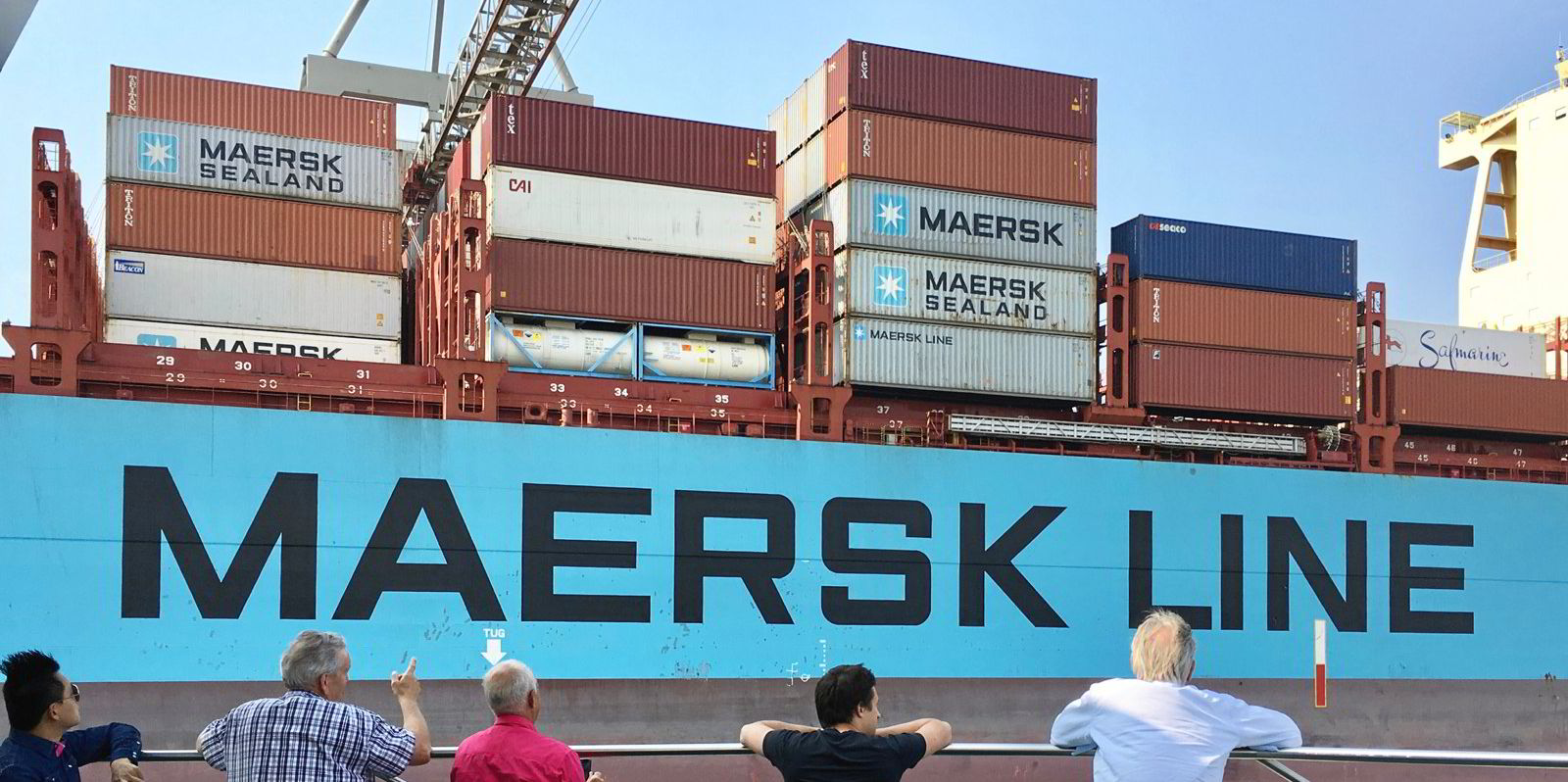The shipping industry is moving to a new phase where the storm clouds are gathering, believes veteran analyst Martin Stopford. Speaking to the International Shipowning and Shipmanagement Summit (ISSS) today, he warned there were factors pointing towards a cyclical downturn.
“Meaning if you were master of a sailing ship, you would be busy getting your ship into the right order, to deal with some heavy seas ahead,” he told the online event held at the start of London International Shipping Week.
Stopford drew a comparison with the Yom Kippur War, which is approaching its 50th anniversary on 6 October and was a watershed for shipping.
“I don’t think anybody took on board seriously the impact that this enormous increase in energy costs was going to have on the world and shipping economy,” he said.
Nobody had seen that coming, but Stopford suggested that the writing may be on the wall this time around.
“We’re moving towards this period where there are a bunch of things that have been building up,” he said.
These included the pandemic and war in Ukraine, which had dented the grain trade. Interest rate had continued to rise and pushed up the cost of transport by as much as 60%.
There was also China’s slowing economic growth to deal with, as well as changing geopolitics in Asia and the Middle East.
“If you put all of these together, and you are the master of a sailing ship, maybe you could sniff a hurricane coming somewhere,” he said.
“You’re not quite sure where or when, but maybe now is the time to start putting your ship in order.”
Taking measures
Stopford suggested that shipowners might improve their chances by making full use of digitalisation.
He said digital systems would “make shipping companies more seaworthy in the years ahead and more able to weather whatever the market throws at us”.
Developing links with cargo interests would also help owners weather the storm.
“Forging bonds with the cargo side is absolutely fundamental, if you can do it,” Stopford said.
He added that shipowners might also benefit from “the maturing role of ship-management companies, which have evolved from a way of cutting cost in the 1980s to a more interactive role”.
However, he said economists agreed that the only way to guarantee better freight rates was by not ordering ships.
Owners that gambled on shipping were doomed to failure, Stopford believes.
He said: “If you carry on treating shipping like a horse race, you will become just like the guys at the start of containerisation,” — most of whom went out of business.






